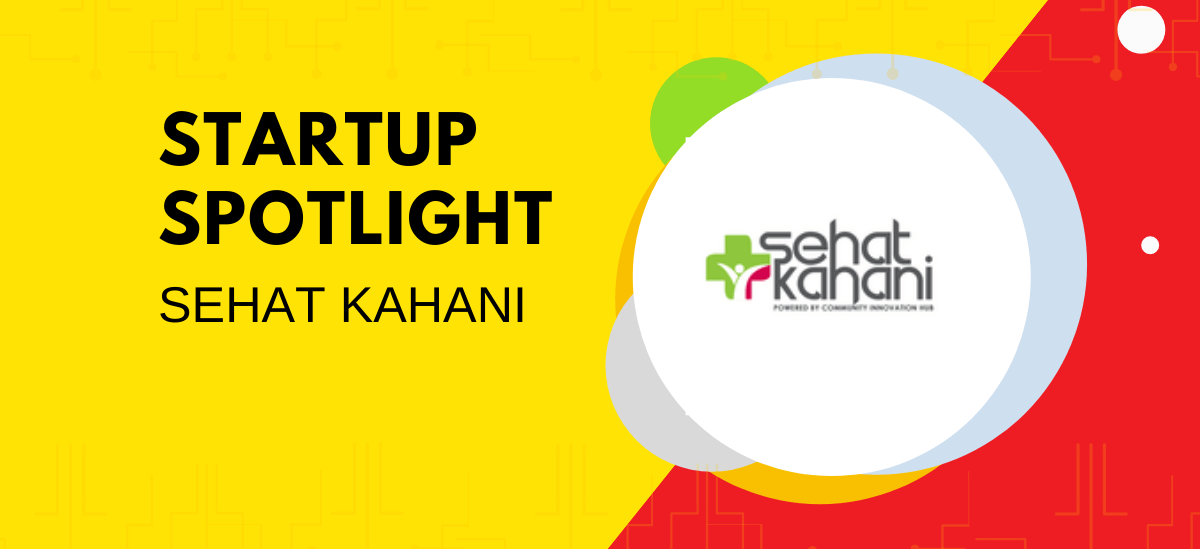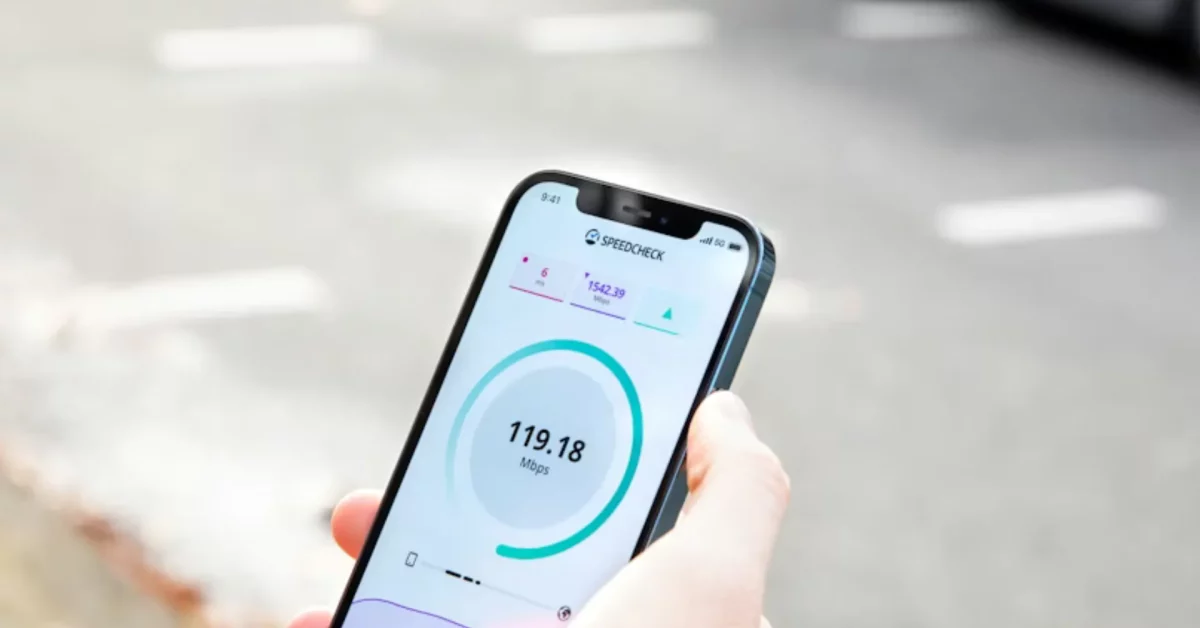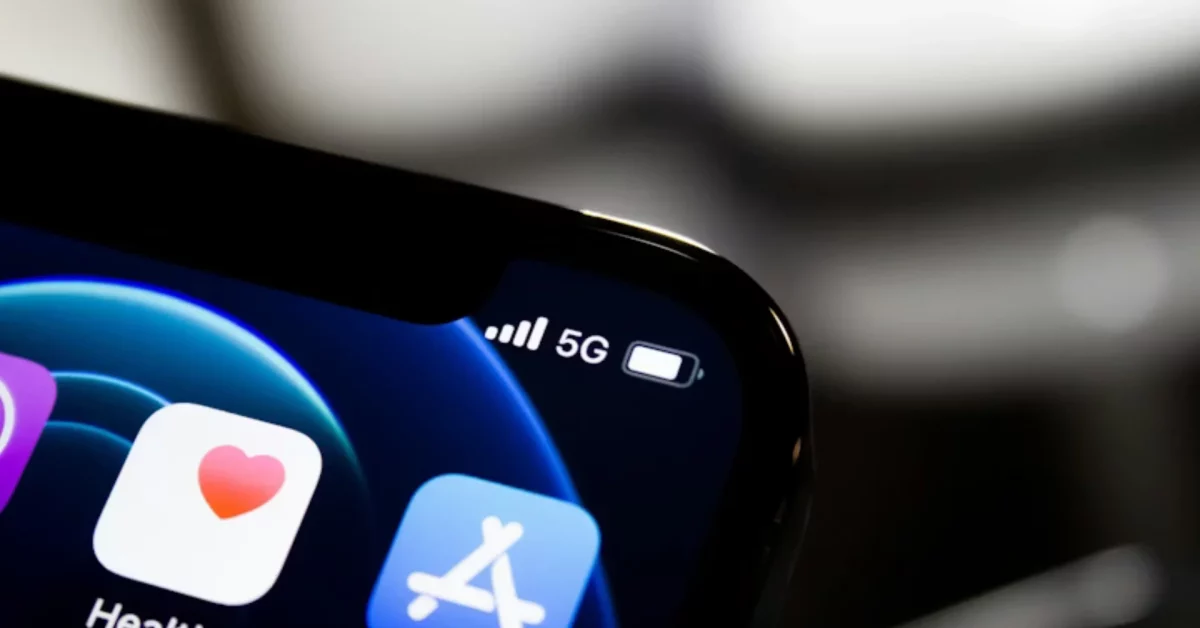
DeafTawk | Startup Spotlight
October 21, 2019
Fireside chat with Jazz CEO, Aamir Ibrahim
October 22, 2019Sehat Kahani | Startup Spotlight
Digital Pakistan is featuring a startup that is dedicated to the mission of creating accessible health care for millions of women around the country. Sehat Kahani’s mission may be a very challenging one, but the resolve, determination, and knowledge of the team has taken it towards becoming a leading e-health company within Pakistan.
- Where did the idea for SK come from? Tell us about your journey so far.
According to the World Health Organisation (WHO), one out of three women doesn’t see a doctor in their pregnancy, while one child out of every five children does not get to see their fifth birthday. This is the story of almost 51% of Pakistan’s population living below the poverty line, having limited or no access at all to quality primary care facilities. We live in a country where even though we have more than 240,000 PMDC certified doctors, yet for every 1200 patients, there is only 1 doctor available.
Every year in Pakistan, thousands of students graduate from medical schools with the majority being females. Out of these, only 23% of the female medical graduates go on to register as physicians, according to PMDC statistics. The remaining either shift abroad or stop practicing and leave their careers midway, due to socio-cultural norms and household responsibilities, becoming “doctor brides”.
The problems are interconnected and we knew we had to do something about it. People suffer because there are no doctors available; especially females who cannot visit male doctors nor can they frequently step out of their houses to travel miles to get the treatment done. These doctor brides needed to be brought back into the workforce to become the healthcare warriors for people in need of healthcare and this became the ultimate mission of Sehat Kahani.
- Can you explain how SK works?
Sehat Kahani (The Story of Health) is a telehealth based social enterprise that provides national and international female doctors with an opportunity to use virtual technology to create a social impact on an individual and at a holistic level. Our aim is to democratize health care by utilizing the ever-changing technology to surpass sociocultural and economic barriers that discourage female health providers from participating in the medical workforce.
The Sehat Kahani E-Health Clinics are a one-stop-shop for residents living in low-income communities of Pakistan, enabling the availability of nurse assisted video consultation with a PMDC certified online doctor, a visiting ultrasound facility, and a visiting diagnostic service all under one roof. Along with clinical care services, health education is actively conducted for the patients to create awareness amongst them about prevalent health issues and their prevention.
The Sehat Kahani App, on the contrary, is a holistic digital health solution that enables individuals to access primary healthcare services online through efficient virtual consultations and is designed to be very user-friendly for smartphone users. Currently, the App is available for corporations to be able to provide to their beneficiaries such as employees or consumers in a B2B2C fashion and for consumers from the mass market. Along with primary care consultations, the Sehat Kahani App also provides access to online specialists including mental wellness experts.
- What’s your outreach? How has the response been from remote areas?
To date Sehat Kahani has served more than 1 million patients through a portfolio of 25 E-Health clinics across Pakistan in Sindh, Punjab & Khyber Pakhtunkhwa and various health education projects with leading corporates and pharmaceuticals like GSK, Engro Polymer, Lifebuoy, Sanofi and Pharmevo, the Sehat Kahani Mobile App and a network of 1500 PMDC-certified female doctors.
- SK has a two-way beneficial relationship. Tell us about how it has impacted both the communities it serves and the “Doctor Brides” working for the organisation?
Sehat Kahani is unique in its own sense whereby 75% of the Senior Management comprises of young women drivers who firmly believe telemedicine to be the way forward. All 25 Sehat Kahani clinics are operated in partnership with a female nurse (responsible for increasing community participation by building trust) and mobilizer (actively involved in marketing the clinic and raising awareness), thus rounding off to at least 60% of them being females.
Most of the health physicians also known as “Doctor Brides” engaged through this venture are young females who get out of the workforce due to their responsibilities towards their families or moving abroad. During one day screenings and preventive care campaigns, we ensure to encourage young female volunteers who are passionate about communities and health to engage in enthusiastic conversations with the beneficiaries.
Around 80% of the beneficiaries are females, and not only did they lack access to basic health care facilities in this vicinity but were also the least empowered due to mobility issues, financial dependency and socio-cultural constraints. From a point where they couldn’t step out of their houses to get themselves treated, they have been educated enough on prevalent health issues to be responsible for their next generations, and change the course of their lives for the better.
- Your Digital and Innovation Lead, Nida Shehzad recently won the Diana award for her contribution to your project, how big of an impact does this kind of recognition have and what does it mean for SK as an organization?
The Diana Awards are celebrated every year in remembrance of Lady Diana, to acknowledge and encourage the efforts of the youth, with the sole belief that young people have the power to change the world.
From someone who joined Sehat Kahani as an intern, Nida has come a long way in a short journey of 2.5 years. With her consistency, grit, passion, and perseverance to learn, she has worked in multiple departments of the organisation and has played a very fundamental role alongside the co-founders to build and grow the organisation to what it is today.
We are proud of the achievements of Nida Shehzad who is looking after the technology, digital marketing and network of doctors at Sehat Kahani. I feel it is extremely essential for young people to take upon themselves to bring change and know that the future lies in their hands. Nida’s accomplishments are a source of encouragement for other team members to do better and become the changemaker this nation needs to prosper.
- SK has recently partnered with Galiyat Development Authority (GDA) for providing health services to individuals in the region and tourists as well. What is the expectation for the kind of impact this initiative will have in the area and are any other similar partnerships in the pipeline?
In this day and age, Pakistan is in dire need of proper health services as many people not only lack access to proper care at hospitals but approximately 42% out of a population of 200 million fail to receive adequate health coverage.
Sehat Kahani will be providing free telehealth services to the employees of Galiyat Development Authority for a span of three months. Furthermore, the Sehat Kahani App is embedded in the “Doctor on Demand” tab of the “Galiyat Guide App”, the official Mobile Application of the Galiyat Development Authority (GDA) to guide tourists visiting Khyber Pakhtunkhwa with various facilities available for them ranging from accommodation to healthcare facilities.
Under this project with GDA, Sehat Kahani envisions to increase its reach and spread its operations further in the KP region impacting the 2 million tourists who visit Khyber Pakhtunkhwa every year.
- SK doesn’t only offer consultations but also conducts awareness campaigns, could you tell us about some of the success stories from these campaigns and the kind of impact they have on health awareness levels.
Sehat Kahani through its preventive health care portfolio creates innovative preventive health care messaging activities in target communities to bring out a long term change in behaviours and health patterns.
I remember there was a young woman who attended an awareness session on Mental Health at one of our clinics where we were also providing counseling with online psychologists in collaboration with British Asian Trust (BAT). During the session, she shared having constant episodes of anger which she herself did not know the root cause of. She shared she felt extremely guilty of what she puts her family through but feels helpless at the same time. The nurse at the clinic suggested that she takes a consultation session with our online psychologist just to feel better. The patient was diagnosed with PPD and has since then started coming in for follow-ups. This is the current situation of the mindsets of our masses.
Working with partners in the pharmaceutical and corporate sector we have worked on solutions of hygiene, sanitation, calcium awareness, primary disease counseling, mental health, maternal and child health care to sensitize the communities to address their health needs keeping in mind the cultural and social barriers.
- SK is tackling a very important issue which is the high numbers of doctor brides in society who aren’t able to practice medicine. Were there any hurdles you faced in convincing doctors initially to join your platform or any other resistance that you have faced or still are facing to date?
Yes, a little. Unfortunately, we live in a male-dominated society where all the decision-making power usually is in the hands of the men of the family. Women are not required to work and if they do choose to, it is not always encouraged. However, we have had to convince family members of the female doctors and female community workers, initially, but gradually the platform was welcomed by all.
At the patient’s end, initially, the company faced many hurdles. While some women felt they were being filmed, others had difficulty in believing the person on the other side is a PMDC certified doctor. However with community engagement, outreach and education eventually it became a success.
Today we have female doctors who feel more empowered, because they are able to put their degrees to use, closely impacting the lives of thousands of people of Pakistan, and getting financial independence as well.
- How has digital technology helped shape the way for SK?
Technology has been a driving factor for Sehat Kahani’s telemedicine platform. We introduced technology in communities lacking awareness of it and used it as a medium to aid in consultation, diagnosis, and management of data to reduce physical errors. Through our technology-enabled clinical services, we not only increase reached out to extremely remote communities of Pakistan but have also increased sensitization towards vital diseases reducing the burden on the economy and improving the health status. We envision being able to aggregate and extrapolate missing data from communities to measure definitive changes in health indicators of the country. By utilizing digital technology, we strive to bring measurable social and health impact in the lives of our target audience pan Pakistan, meeting the global vision of making healthcare accessible for all.
- What advice do you have for young, aspiring entrepreneurs, especially women, who are just starting out?
Do not give up, no matter what. While the entrepreneurship ecosystem is growing fast, it is also fairly new and has its set of limitations. As aspiring entrepreneurs, you need to find yourselves the right mentors who can guide you, help you in finding the right resources and support you through this process. Build strong networks with fellow changemakers, learn from their experiences and share yours too. As women, living in a patriarchal society, it is extremely essential that we lift each other up in the process and have each other’s back!






